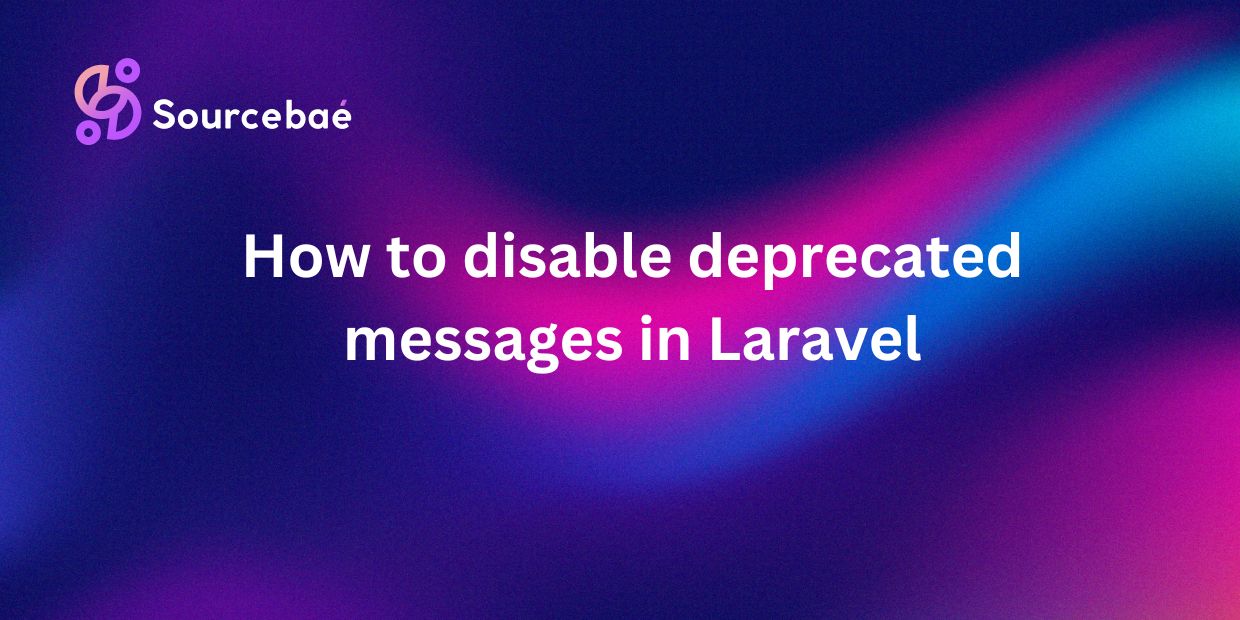In the ever-evolving world of programming, mastering Java is a key to success. However, every journey has its challenges, and one such challenge is dealing with ambiguity in Java. To help you navigate this intricate landscape, we’ve put together a comprehensive guide that will not only Demystifying Ambiguity but also empower you with the knowledge to handle it like a pro.
What is Ambiguity in Java?
At its core, ambiguity in Java refers to situations where the Java compiler encounters a statement or expression that it cannot definitively understand due to multiple potential meanings. This occurs when there is more than one method or variable with the same name or when the compiler cannot determine the appropriate method or variable based on the context. Ambiguity can arise in various scenarios, such as method overloading, variable scope, and class inheritance.
Now, let’s delve deeper into this topic with a structured approach:
Understanding the Nature of Ambiguity
Ambiguity in Method Overloading
Method overloading is a common source of ambiguity in Java. It occurs when you have multiple methods with the same name in a class, but each method has different parameters. The compiler may struggle to determine which method to invoke, leading to ambiguity.
Ambiguity in Variable Scope
Variable scope defines where a variable is accessible within your code. When you have variables with the same name in different scopes, Java might face ambiguity in determining which variable to use, potentially causing unexpected behavior.
Ambiguity in Class Inheritance
Inheritance is a fundamental concept in Java, but it can also introduce Demystifying Ambiguity. When a subclass inherits methods or variables with the same name from multiple superclasses, Java needs to decide which one to prioritize. Failure to resolve this can result in ambiguity.
Dealing with Ambiguity
Now that we’ve explored the types of ambiguity, let’s discuss strategies for effectively dealing with them:
1. Using Explicit Type Casting
In situations where ambiguity arises due to incompatible data types, explicit type casting can help the compiler understand your intentions. This involves explicitly converting a variable from one data type to another, ensuring clarity in your code.
2. Utilizing the ‘this’ Keyword
The ‘this’ keyword in Java allows you to refer to the current instance of a class. It can be particularly useful in resolving Demystifying Ambiguity when instance variables have the same names as method parameters or local variables.
3. Prioritizing Method Invocation
When dealing with ambiguity in method overloading or class inheritance, you can explicitly specify which method or superclass you want to use, thereby eliminating confusion for the compiler.
FAQs (Frequently Asked Questions)
How does ambiguity impact Java programming?
Ambiguity can lead to compilation errors and unexpected program behavior. It’s crucial to address ambiguity to ensure your Java programs run smoothly.
Can ambiguity be completely avoided in Java?
While you can minimize ambiguity through careful coding practices, it may not be entirely avoidable, especially in complex projects.
Are there tools to detect and resolve ambiguity in Java?
Yes, there are IDEs (Integrated Development Environments) and static code analysis tools that can help identify and resolve ambiguity in your Java code.
Is ambiguity unique to Java programming?
No, ambiguity is a common challenge in programming languages that support method overloading, inheritance, and variable scoping.
How can I improve my skills in handling ambiguity in Java?
Practice, study Java’s rules for resolving ambiguity, and seek guidance from experienced Java developers to enhance your skills.
Can ambiguity lead to security vulnerabilities in Java applications?
Yes, if not handled properly, ambiguity can potentially create security vulnerabilities, making it essential to address it diligently.
Conclusion
In the realm of Java programming, ambiguity is a hurdle that every developer must overcome. However, armed with the knowledge and strategies outlined in this comprehensive guide, you can confidently tackle ambiguity in your Java projects. Remember that practice makes perfect, and the more you work with Java, the better you’ll become at deciphering and resolving ambiguity.
So, the next time you encounter ambiguity in your Java code, you’ll be well-prepared to navigate through it effectively.






